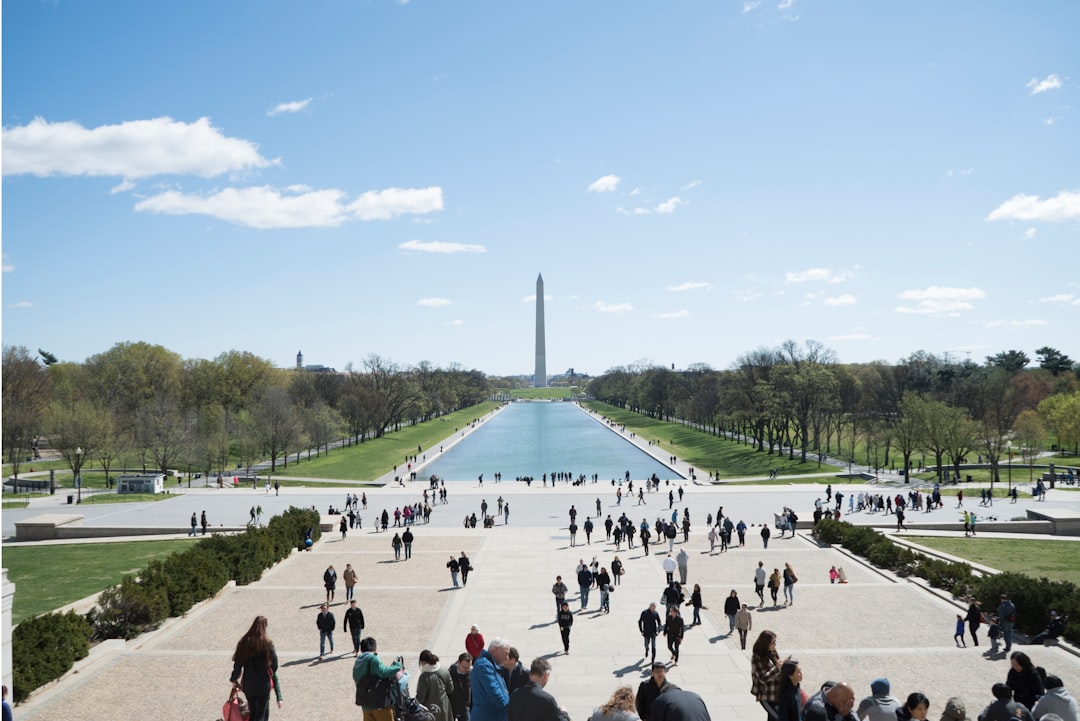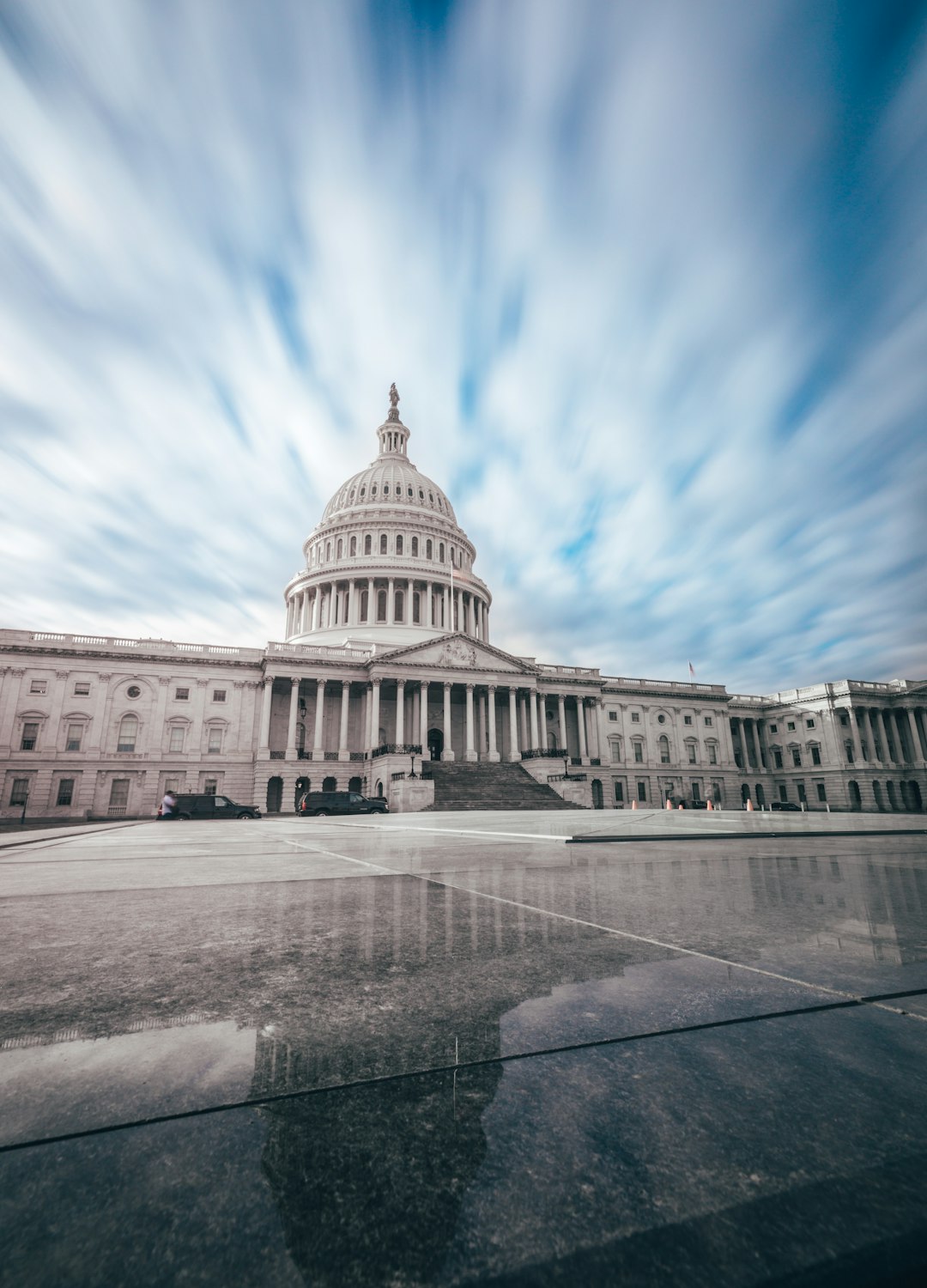Washington State's "Do Not Call" laws protect residents from unwanted telemarketing. Registering on national lists is a step forward, but state-specific regulations require attention. A Do Not Call Lawyer in Washington guides businesses and consumers, ensuring privacy. Community events in Tacoma educate residents through workshops, discussions, and interactive sessions, empowering them to recognize scams, understand their legal rights, and make informed decisions. These initiatives reduce the need for formal legal counsel, fostering a culture of consumer awareness and protection against fraudulent practices. A collaborative event can inform residents about registering for the National Registry, understanding local laws, recognizing fraudulent calls, and reporting them, with insights from a Do Not Call Lawyer or Attorney. Promote these services through SEO keywords like Do not call Lawyer Washington to reach those facing excessive phone calls.
“In Tacoma, community events are emerging as powerful tools in the fight for consumer protection, particularly through educating residents about their rights under Washington State’s strict Do Not Call laws. This article explores how these gatherings facilitate a deeper understanding of legal protections, empowering citizens to navigate telemarketing practices effectively. We delve into successful initiatives, offering insights for organizing similar events. For those seeking guidance, our step-by-step section provides practical tips, assisting individuals and local law firms in hosting informative sessions that promote consumer awareness, especially regarding Do Not Call lawyers in Washington.”
Understanding Do Not Call Laws in Washington State
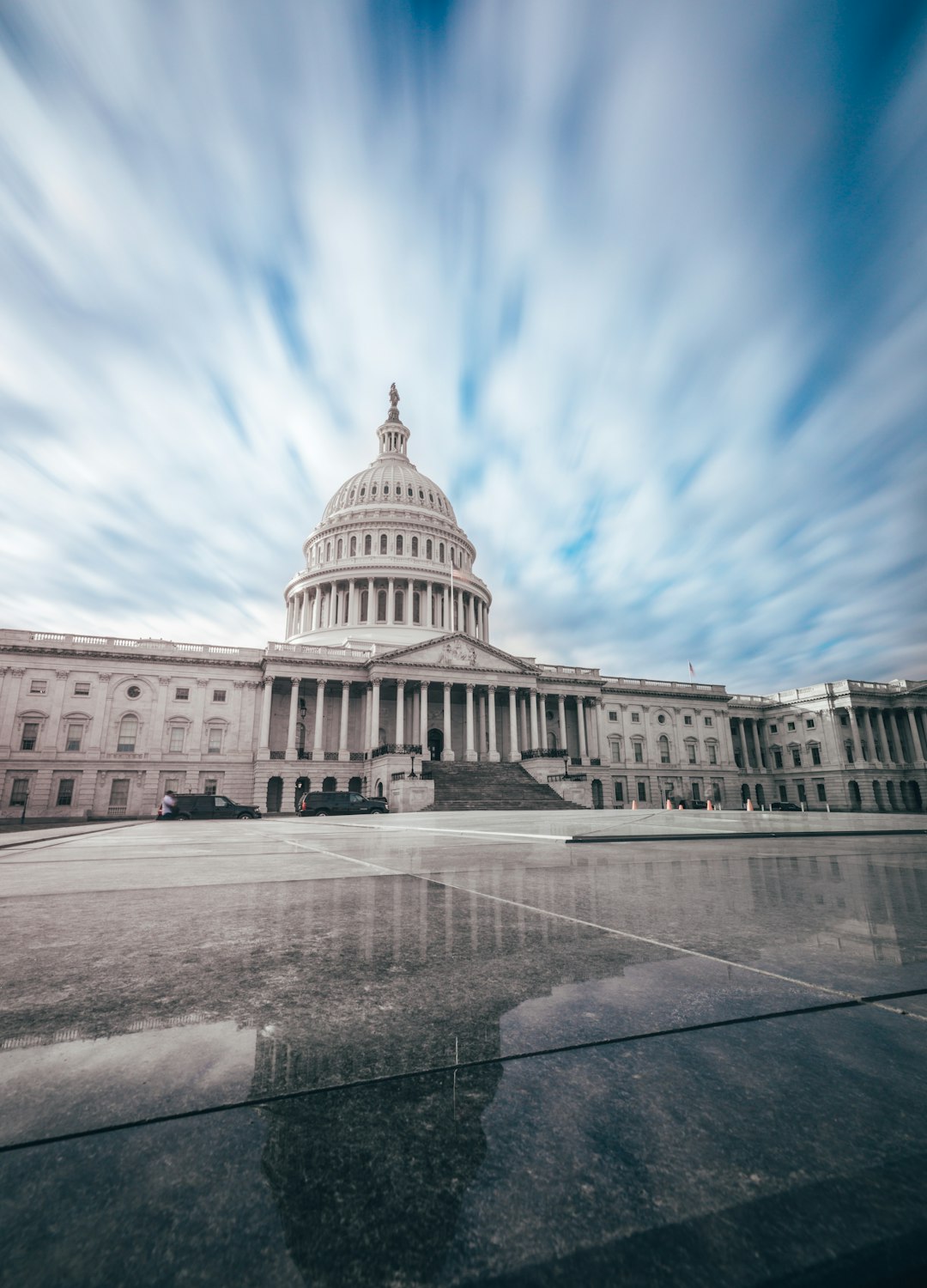
In Washington State, understanding and adhering to “Do Not Call” laws is crucial for both businesses and consumers. These regulations are designed to protect individuals from unwanted telemarketing calls, ensuring their privacy and peace of mind. As a resident of Tacoma or surrounding areas, if you’re tired of receiving nuisance calls, knowing your rights is the first step towards action. A Do Not Call Lawyer in Washington, also known as a Do Not Call Attorney, can help you navigate these laws and assert your rights.
Many people don’t realize that registering on national “Do Not Call” lists isn’t enough; state-specific regulations must also be followed. This is where Do Not Call Law Firms in Washington step in, offering specialized services to both assist businesses in compliance and protect consumers from violations. By understanding your rights and seeking legal counsel when needed, you can actively participate in keeping Tacoma’s community lines clutter-free and respectful.
The Role of Community Events in Consumer Protection
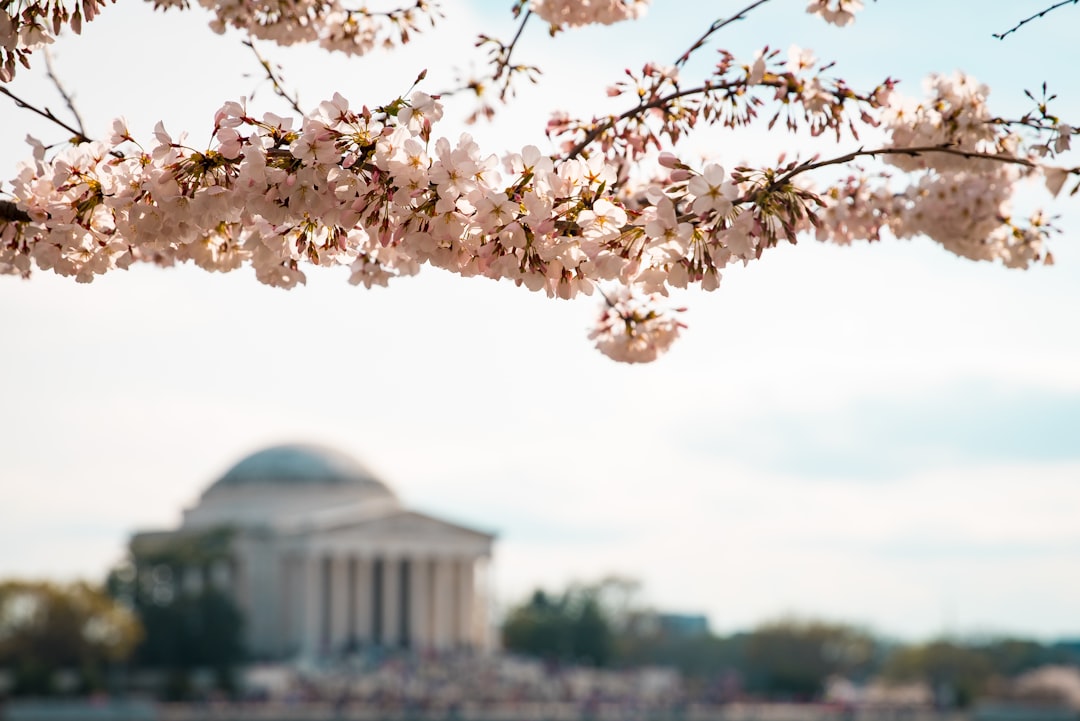
Community events play a pivotal role in educating and empowering residents about their consumer rights, fostering a culture of awareness and protection. These gatherings provide an accessible platform for individuals to gain knowledge about various aspects of consumer protection, from understanding legal rights to recognizing common scams and frauds. By offering interactive workshops, panel discussions, and informational sessions, community events empower attendees with the tools they need to make informed decisions in their daily lives.
In Tacoma, these initiatives are particularly valuable as they engage local folk directly, addressing specific concerns relevant to the region. Through such events, residents can connect with experts, share experiences, and collectively advocate for safer consumer practices. This collaborative approach not only strengthens the community’s resilience against exploitation but also encourages a pro-active stance in safeguarding personal interests, ultimately enhancing the overall well-being of Tacoma’s citizens without the need for formal legal counsel from a “do not call” lawyer or law firm in Washington.
Successful Examples of Community Education Initiatives

In Tacoma, community events focused on consumer protection have proven to be powerful tools for educating residents about their rights and empowering them to make informed decisions. Successful initiatives like “Consumer Protection 101” workshops have been organized by local non-profits and government agencies, offering interactive sessions that simplify complex legal concepts. These events often feature experts from various fields, including financial advisors and legal professionals who do not call themselves lawyers Washington, providing practical advice tailored to the specific needs of the Tacoma community.
One standout example is the “Know Your Rights” campaign, which utilizes engaging activities and presentations to teach residents about consumer protection laws. By making these educational sessions accessible and interactive, organizations have fostered a culture of awareness and activism among locals. As a result, many citizens now actively participate in protecting themselves from fraudulent practices, ensuring a safer and more informed community environment, free from the need to call any law firm Washington or attorney Washington for basic consumer rights guidance.
How to Organize a Do Not Call Awareness Event in Tacoma
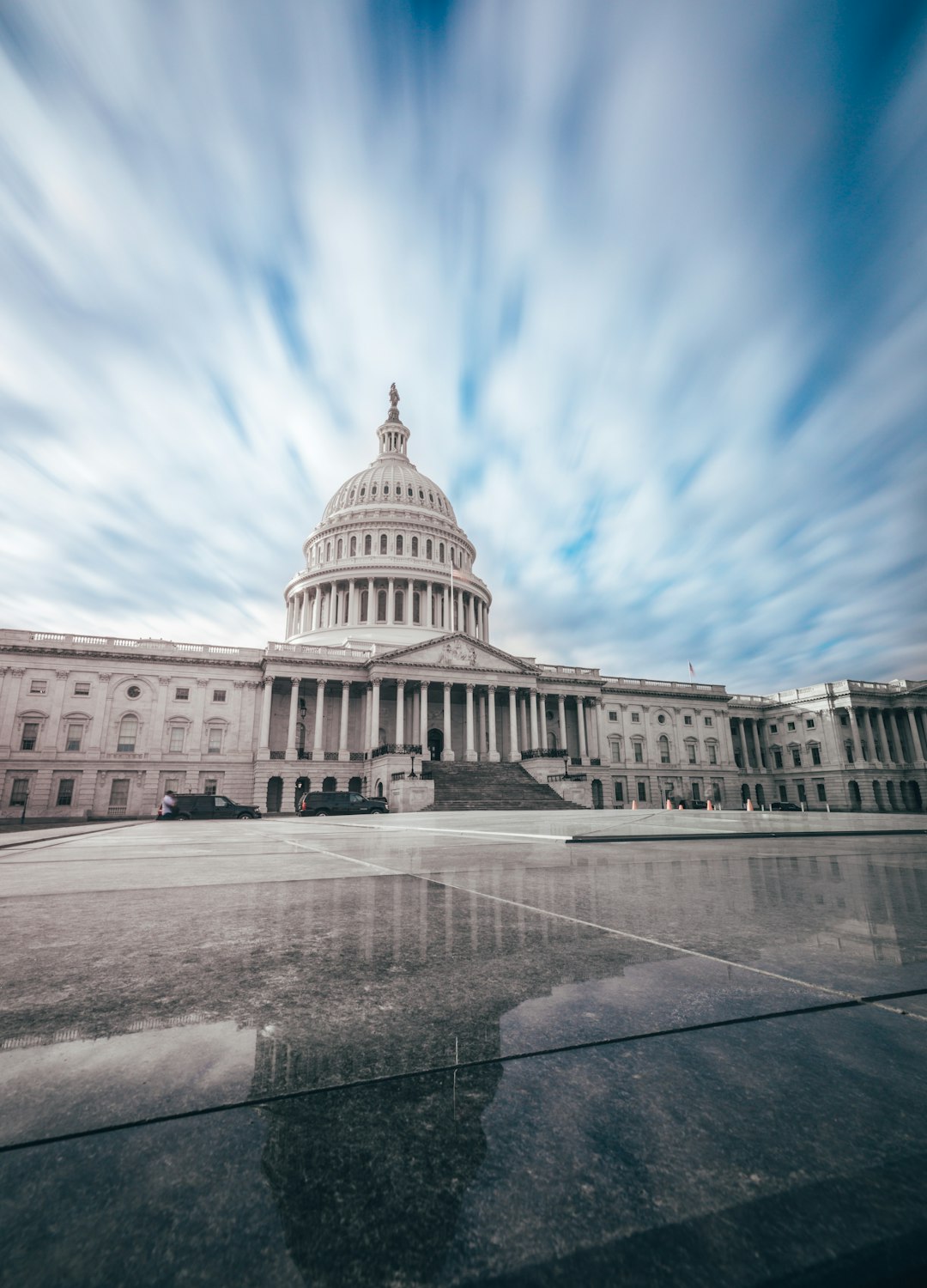
In Tacoma, organizing a “Do Not Call” awareness event can be an effective way to educate residents about their rights and protections against unwanted telemarketing calls. The first step is to gather a group of interested community members, including local businesses, consumer protection advocates, and even representatives from the Washington State Attorney General’s Office (if possible). This collaborative effort ensures a well-rounded perspective on the issue. Together, you can develop an agenda that includes informative presentations, panel discussions, and interactive workshops.
Focus on providing practical tips to attendees, such as how to register for the National “Do Not Call” Registry, understanding local laws regarding telemarketing, and recognizing and reporting fraudulent calls. You might also invite a local Do not Call Lawyer or attorney from Washington to share insights into consumer protection laws and rights. This event can be promoted through social media, local newspapers, and community boards, emphasizing the availability of legal aid and support for those facing excessive or unwanted phone calls.
